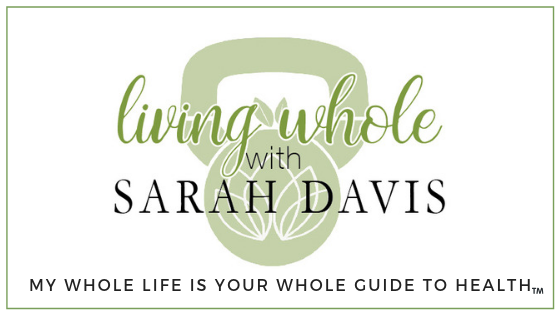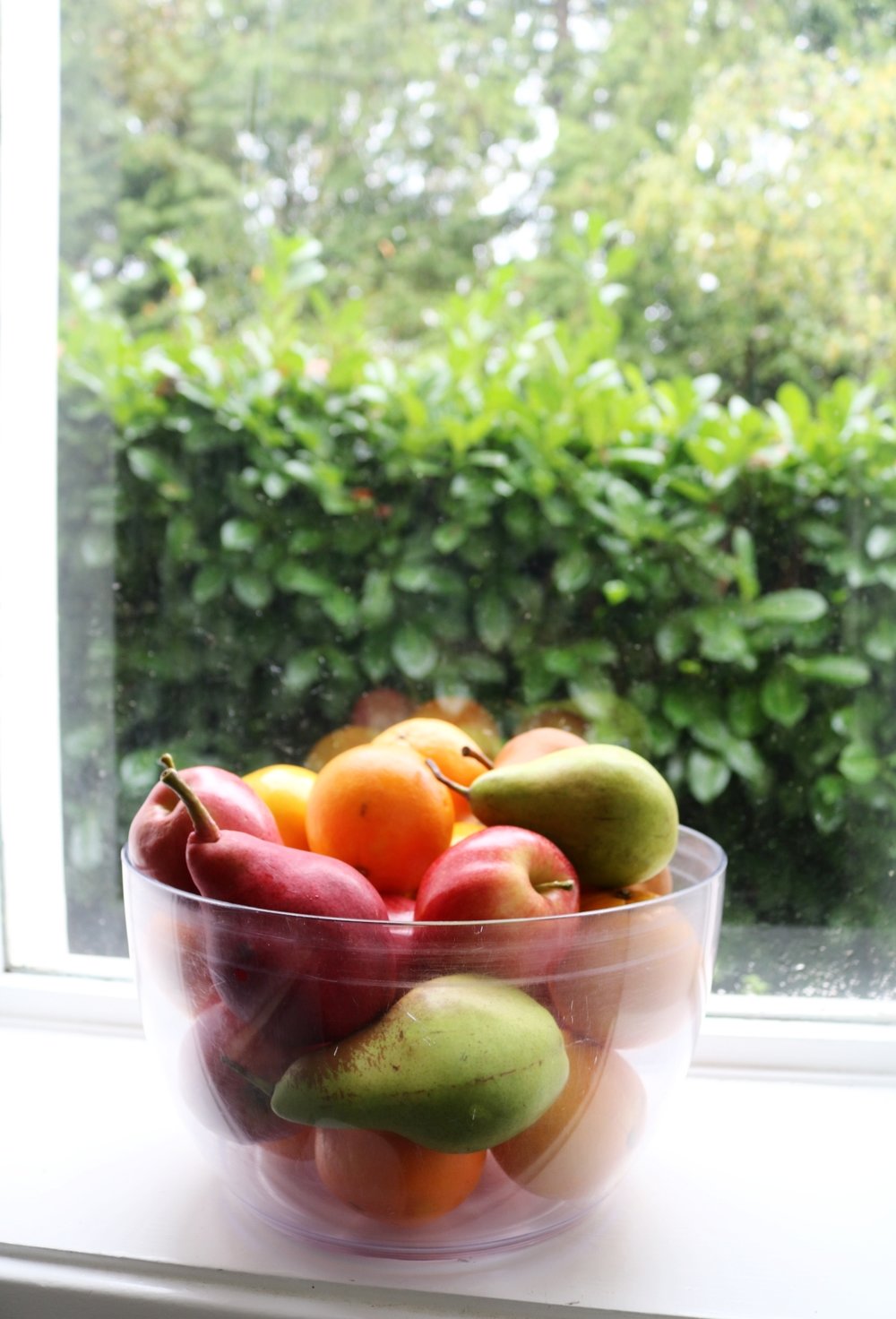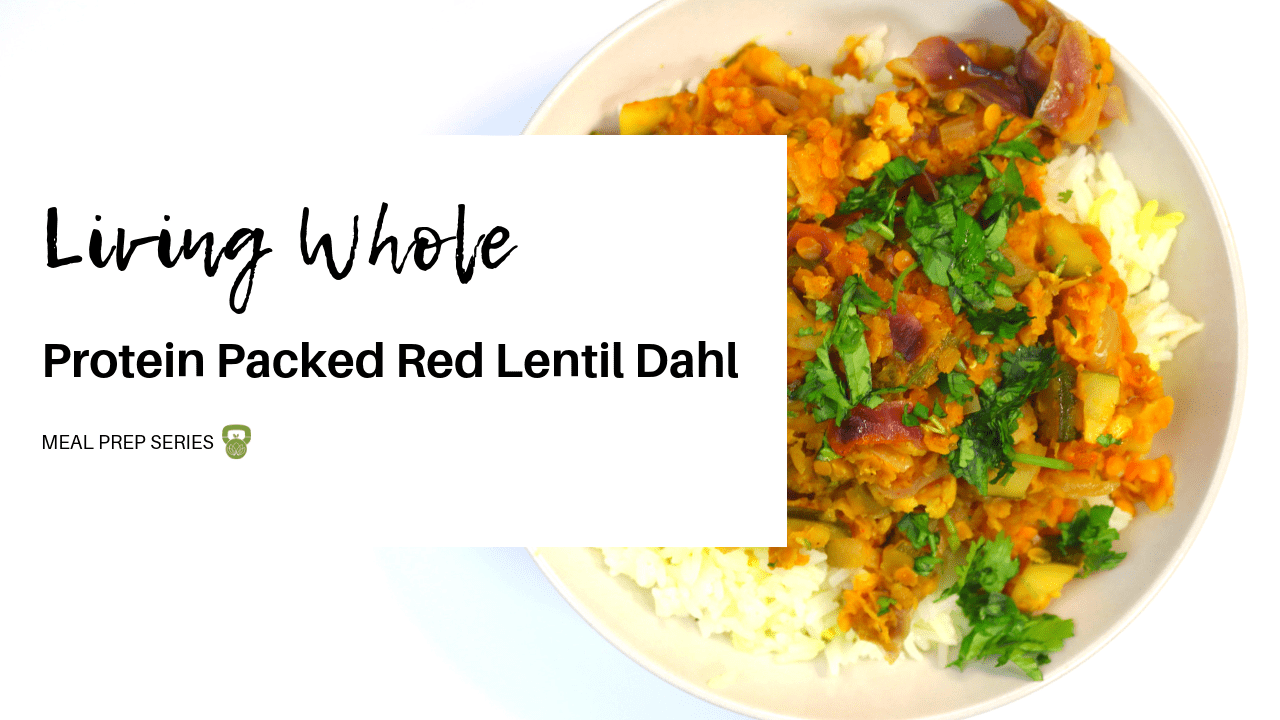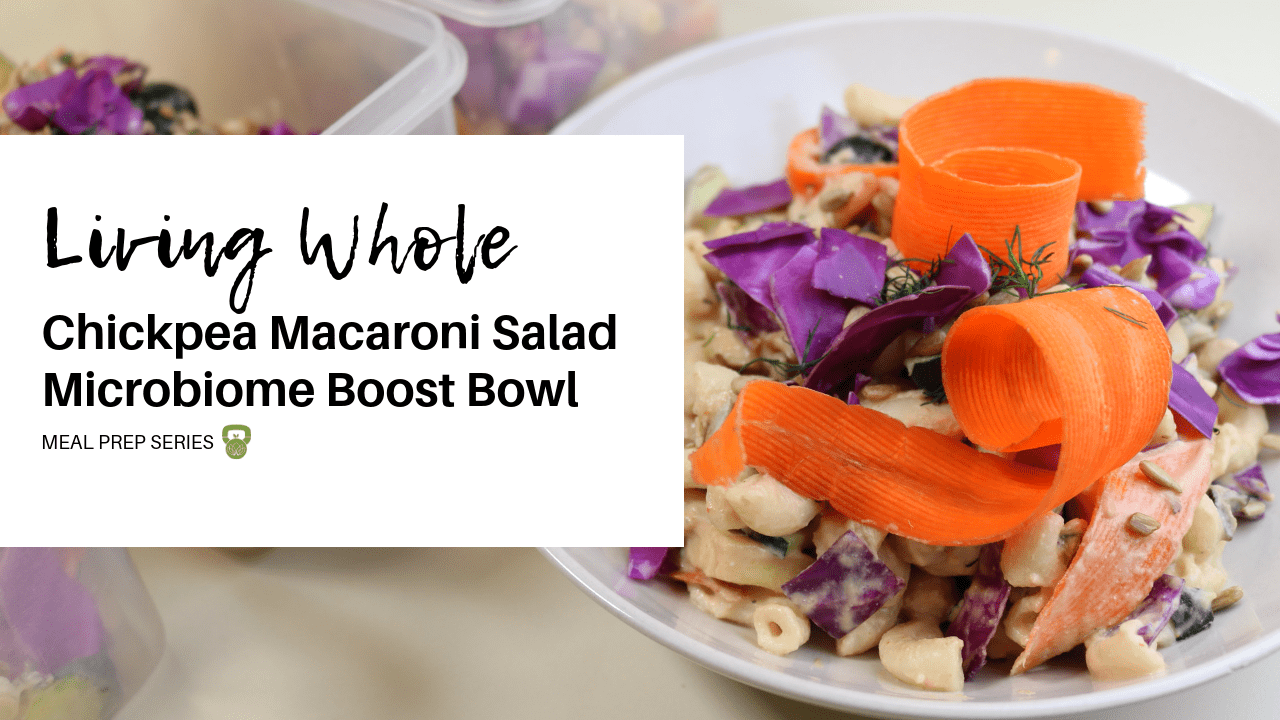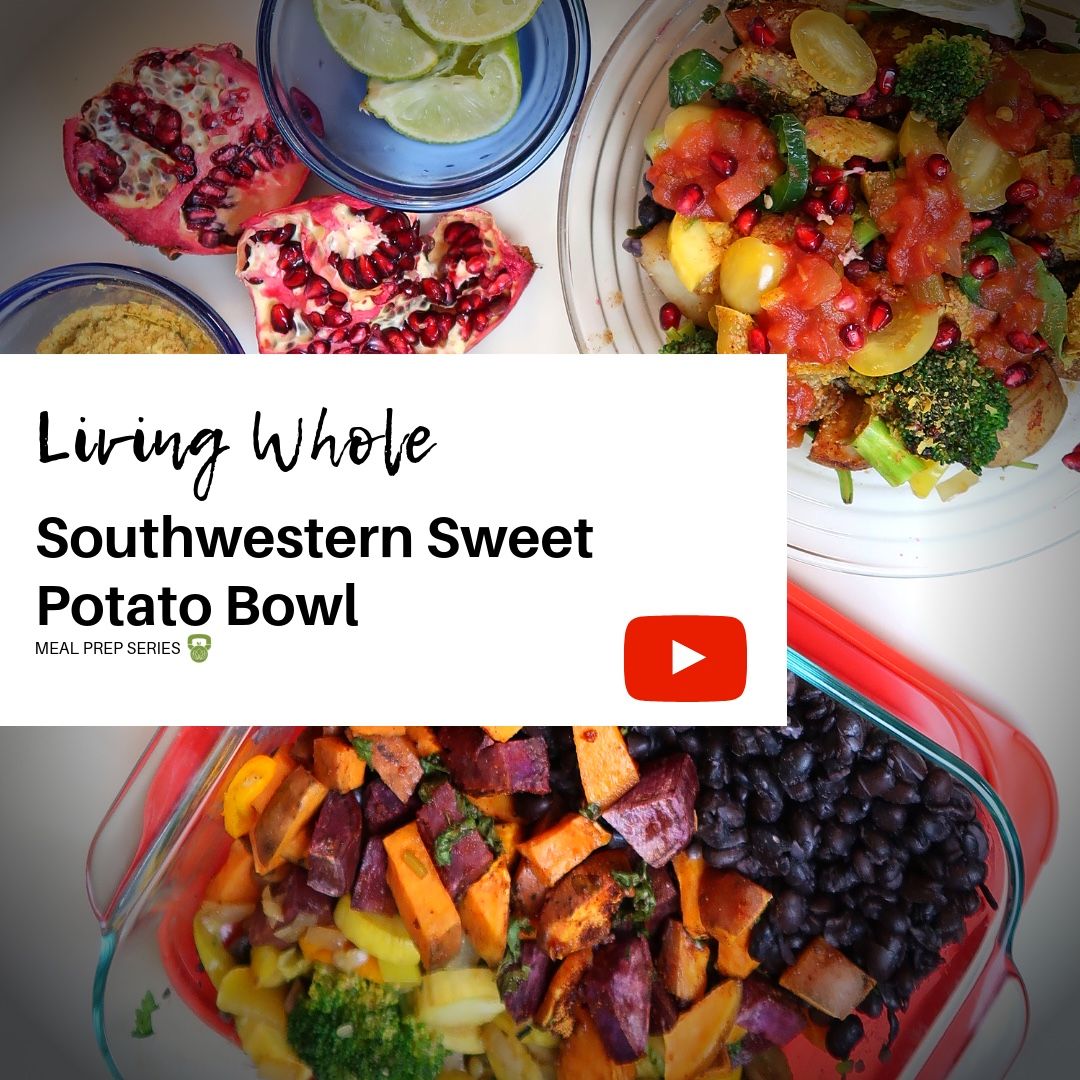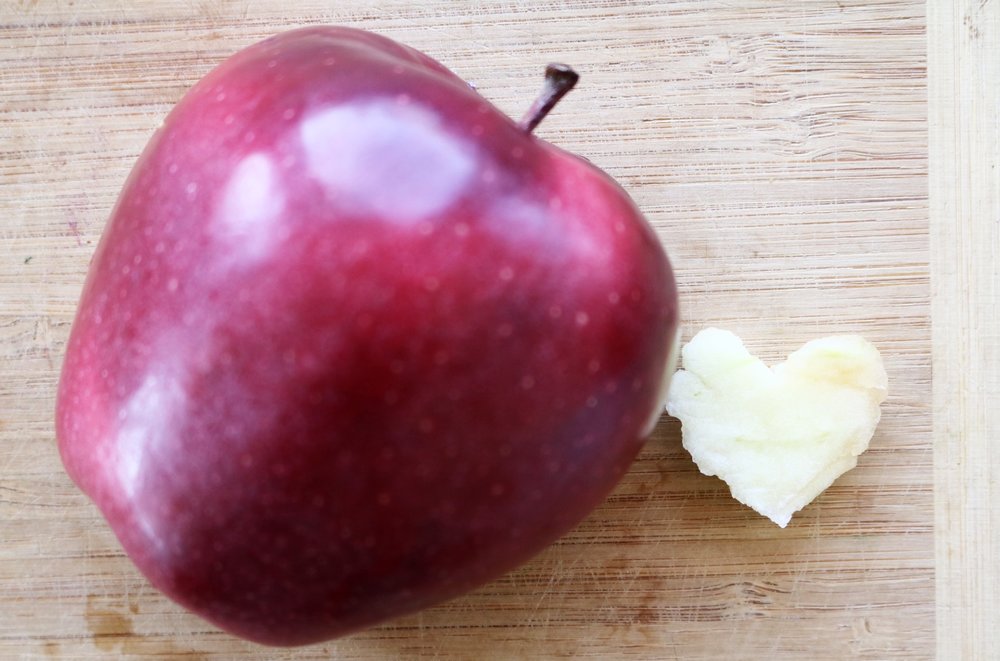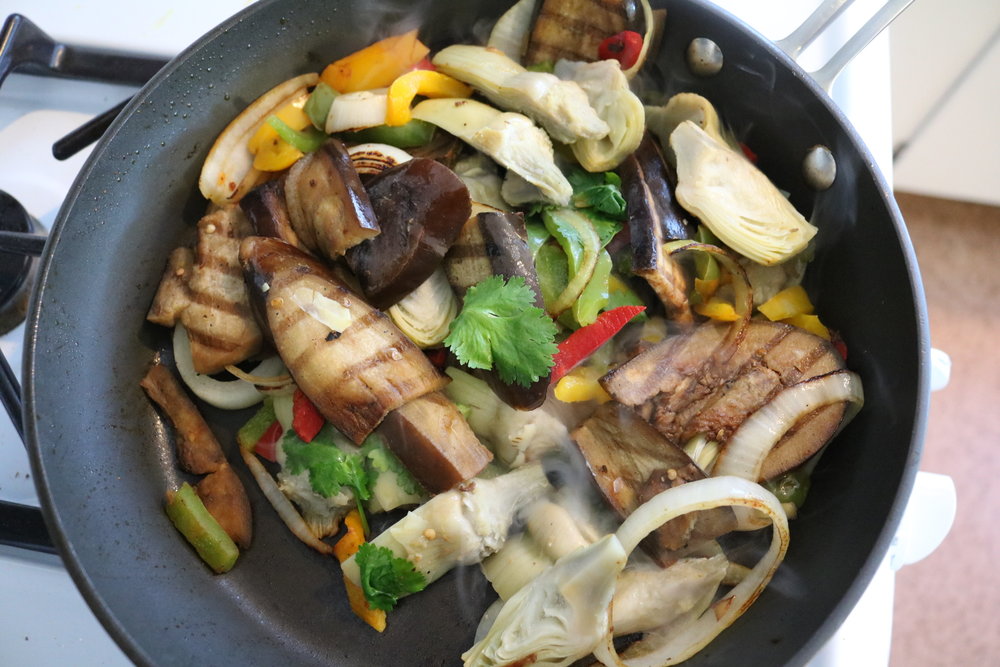Decoding Deprivation and Dieting.
Deprivation and Dieting Doesn’t Work.
Did you know that the diet industry is worth about 35 billion dollars? I am sharply reminded of this as I scroll Instagram. It is brimming with social media proclaimed fitness models who are flaunting barely clad profiles. They are selling their latest detox shake, slim tea, pre workout pills, causing a number of naive young men and women to waste money, starve themselves, or jump into a bodybuilding style prep because they think it will be “fun.” This makes me question why more people aren’t talking about balance and deprivation. We are creating a culture of hollow fitspos, false impressions, and breeding body image issues like gremlin rather than cultivating a culture of health and wellness that allows everyone to look better, feel better, and live better.
As a bodybuilding competitor, I know first hand the affects that reaching the stage level of lean and the off-season body can have on your self image. Being a competitor, I have to balance calorie deprivation and surplus very carefully. This means being in a deficit when cutting for a show and post show allowing myself to very strategically be in a caloric abundance and add back the pounds loss solely for stage. I understand deprivation and deficit very well and how to use it without it becoming dangerous for my health or body image.
Most people, however, do not. It is not for a lack of understanding but rather the distraction of the shiny new flashy quick fix to the woes causes by our Standard American Diet. Before I get on another soap box, let’s get back on track and nail this wellness post down. Back to deprivation and dieting.
This is why deprivation doesn’t work.
Biologically, deprivation will slow down weight loss. Doesn’t it seem counterintuitive that when working so hard to loose weight and get shredded that our body is actually working against us? It’s SO true.
This is because our body experiences deprivation/dieting as a stressor. Stressed, our bodies produce high-levels of cortisol and adrenaline, our stress hormones. These cause our body to slow down the calorie burn rate. Intentionally slowing down our weight loss due to the perceived threat is feels as a result of the deprivation or reduced calorie intake.
Being too aggressive in our caloric cut causes this. In turn, if you’re looking to make sustainable changes and fat loss.. a consistent and moderate approach is most effective. Not exactly what you wanted to hear, right? That’s why yo-yo dieting is so prevalent. Be willing to take the long haul. IF you are not willing to be persistently consistent in diet and exercise you will suffer the ups and downs of frustration and sadness that come with feeling defeated in the process of fad diets and deprivation.
Only changing the type of food we consume alone does not necessarily create long lasting change. The is because it doesn’t address the rooted beliefs, patterns, and behaviors that inform our food choices and eating habits in the first place.
If a diet or lifestyle change only focuses on restrictive food choices and not the why behind eating foods that steal our energy and health or the why we should be consuming certain foods to enhance our optimal health; then we are likely stuck working only on the surface of the problem. In order to make sustainable changes in our eating habits, we need to explore why we eat what we eat and how we eat them. THIS encompassing approach will aid in defining you as an eater.
Long-lasting change comes from making shifts on the external emphasis of food choices and eating behavior, as well as on the inside, the psychology of eating. Understanding yourself as an eater is the first step. The mindset that we bring to the table is key to our relationship with our food and body.
We will eat every day, multiple times a day, for the rest of our lives. Do you completely understand that? The weight of that? When you do, you will see that deprivation and all these “no, no” foods are unrealistic to maintain.
With a state of conflict around food, we will generate an environment of stress and guilt within our body. As mentioned above, stress causes a rise in cortisol and adrenalin, which diminishes our calorie burning potential. So we’re creating the exact conditions that makes losing weight difficult.
Creating a positive relationship with food and body will support our natural biology and psychology in generating the ideal conditions for reaching our natural weight. The next step is finding balance. The what and how much we need to eat.
BALANCE.
Stay tuned my Living Whole friends for the all about BALANCE blog post!
